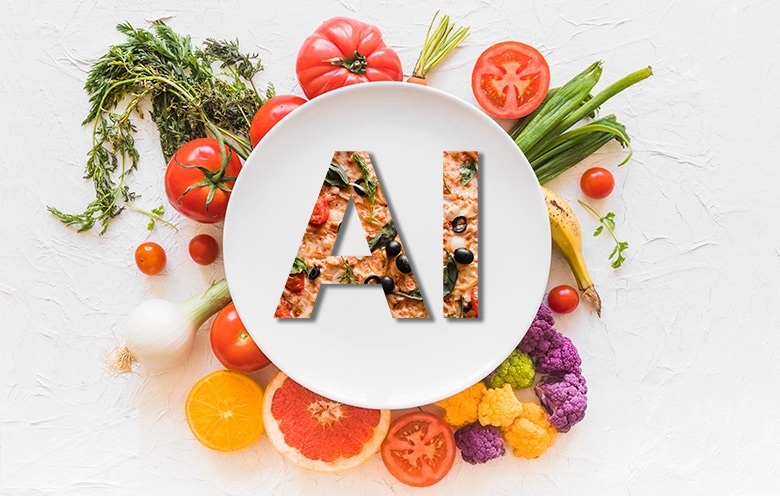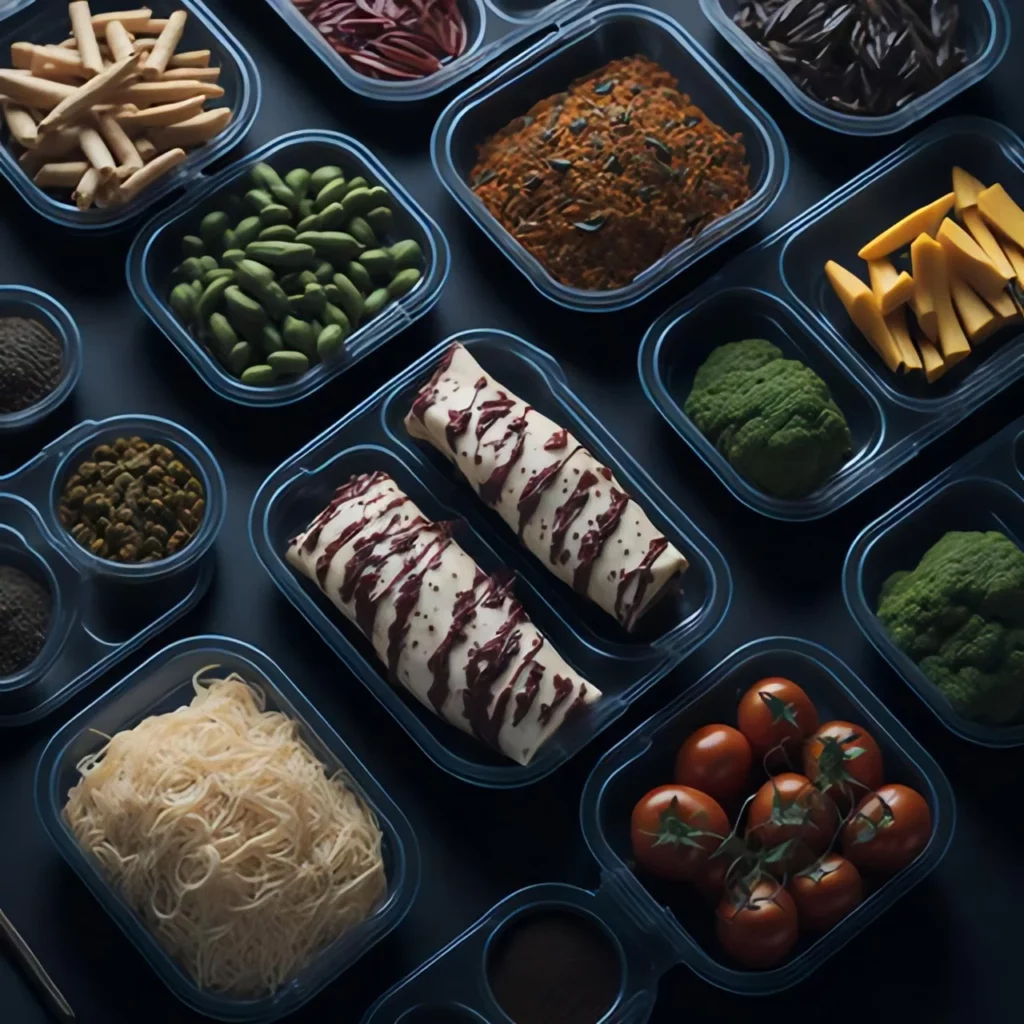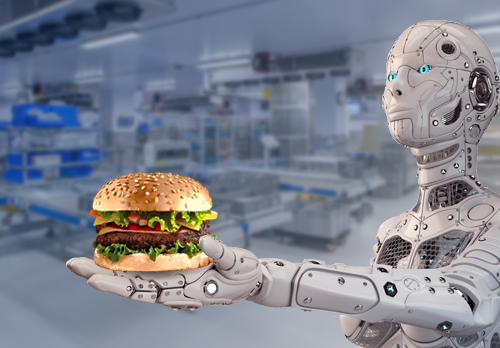Artificial Intelligence (AI) is revolutionizing the food industry by transforming the way food is produced, distributed, and consumed. AI is enhancing efficiency, precision, and sustainability in agriculture, food production, and food delivery. With AI-powered meal planning, personalized nutrition is becoming a reality, and food safety is being improved by reducing contamination risks. AI is also enhancing the customer experience in restaurants and predicting trends and consumer behavior in the food industry. In this article, we will explore the various ways in which AI is impacting the food industry.

AI in food production: efficiency & optimization
AI is being used in food production to enhance efficiency and optimization. By analyzing data on temperature, humidity, and other factors, AI algorithms can optimize the production process, reducing waste and improving yield. AI-powered sensors can also monitor equipment and detect anomalies, predicting when equipment might need maintenance, reducing downtime, and improving overall efficiency.
AI in agriculture: precision farming & sustainability
AI is being used in agriculture to enable precision farming, which optimizes farm management by analyzing data on soil, weather, and other factors. This helps farmers make more informed decisions about planting, fertilizing, and harvesting, reducing waste and improving yield. AI can also help farmers adopt more sustainable practices by reducing the use of pesticides and fertilizers, conserving water, and reducing greenhouse gas emissions.

Personalized nutrition: AI-powered meal planning
AI-powered meal planning is enabling personalized nutrition by analyzing individual health data to provide customized meal plans. This can improve health outcomes by ensuring that individuals receive the nutrients they need, while also taking into account personal preferences and dietary restrictions. AI can also analyze food intake data to provide feedback on dietary habits, helping individuals make more informed choices about what they eat.
AI-powered food safety: reducing contamination risks
AI is being used to improve food safety by reducing contamination risks. AI algorithms can analyze data from sensors to detect anomalies that could indicate contamination, such as changes in temperature or humidity. AI can also analyze data on food production to identify potential sources of contamination, enabling preventative measures to be taken before contamination occurs.
AI in food packaging: enhancing shelf life & freshness
AI is being used in food packaging to enhance shelf life and freshness. AI-powered sensors can monitor the environment inside the packaging, adjusting temperature and humidity to maintain optimal conditions for the food. This can extend the shelf life of perishable foods, reducing waste and improving food safety.

AI in food delivery: optimizing logistics & predicting demand
AI is being used in food delivery to optimize logistics and predict demand. AI algorithms can analyze data on traffic patterns, weather, and other factors to optimize delivery routes, reducing delivery time and improving customer satisfaction. AI can also analyze data on customer behavior to predict demand, enabling restaurants and delivery services to better manage inventory and reduce waste.
AI in restaurants: enhancing customer experience
AI is being used in restaurants to enhance the customer experience. For example, AI-powered chatbots can take orders, answer questions, and provide recommendations, reducing wait times and improving customer satisfaction. AI can also analyze data on customer behavior and preferences to personalize recommendations and promotions, enhancing the overall dining experience.
AI-powered food analytics: predicting trends & consumer behavior
AI is being used to predict trends and consumer behavior in the food industry. AI algorithms can analyze data on social media, search trends, and other factors to identify emerging trends and consumer preferences. This can help businesses develop new products and marketing strategies, improving competitiveness and profitability.
Challenges & future prospects of AI in food industry:
Despite the potential benefits of AI in the food industry, there are also challenges that must be addressed. For example, privacy concerns may arise when personal health data is used for AI-powered meal planning. Additionally, there may be resistance to adopting new technologies, as well as concerns about the impact of AI on jobs in the industry. However, as AI continues to evolve, the future prospects for the food industry are promising, with the potential for increased efficiency, sustainability, and profitability.
In conclusion, AI is transforming the food industry, revolutionizing the way food is produced, distributed, and consumed. By enhancing efficiency, precision, and sustainability in agriculture, food production, and food delivery, AI is enabling personalized nutrition and improving food safety.
AI is also enhancing the customer experience in restaurants and predicting trends and consumer behavior in the food industry. While there are challenges that must be addressed, the future prospects for AI in the food industry are promising, with the potential for increased efficiency, sustainability, and profitability.
Frequently asked questions
How is AI impacting the food industry?
How is AI improving food safety?
What are some examples of how AI is being used in the food industry?
How is AI enhancing the customer experience in the food industry?
Question not answered above? Contact us
